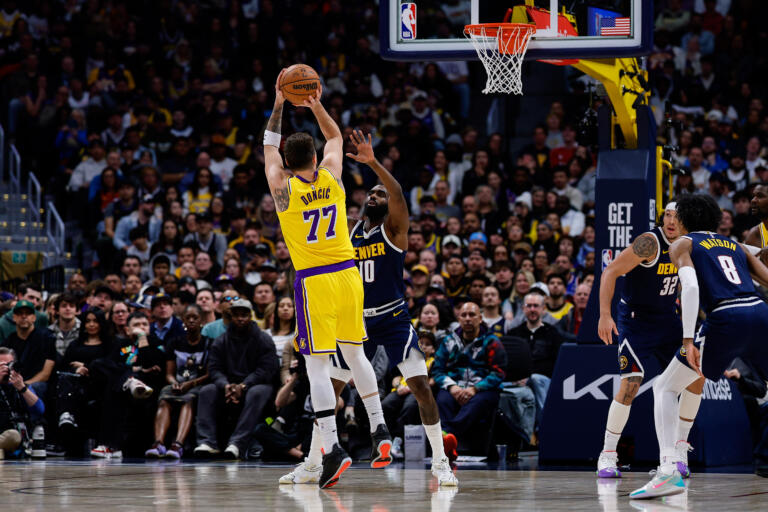Ever wondered what it feels like to be part of a historic moment in sports? The Los Angeles Lakers, led by Anthony Davis and LeBron James, have given us just that by winning the inaugural NBA in-season tournament. Their 123-109 victory over the Indiana Pacers wasn’t just a win; it was the dawn of a new chapter in NBA history, marking the introduction of the NBA Cup.
The significance of this victory can’t be understated. The Lakers, a team synonymous with success, added a fresh accolade to their storied legacy. Anthony Davis, with a stellar 41-point performance, and LeBron James, the all-time leading scorer with a legacy that’s already etched in the annals of basketball history, were more than just players in this game; they were architects of a pioneering moment.
The NBA Cup represents a bold experiment in the world of professional basketball, injecting a new level of excitement and competition into the regular season. The Lakers’ enthusiasm in celebrating this triumph – planning to raise a banner in their arena – reflects the importance of this new achievement. It’s akin to a grandmaster winning a newly instituted chess tournament; a fresh challenge that tests their skills in new ways.
However, the question remains: does this victory warrant the same recognition as a championship? It’s a fair debate in the sports community. While some might see it as a stepping stone towards greater achievements, others view it as a significant accomplishment in its own right. The NBA Cup, after all, is not just another game; it’s a testament to the Lakers’ ability to adapt and excel in evolving circumstances.
In conclusion, the Lakers’ triumph in the NBA in-season tournament marks a significant moment in basketball history. Whether it holds the same weight as a championship is subjective, but its importance in terms of innovation and competition is undeniable. As we reflect on this milestone, we’re left pondering the evolving nature of sports competitions and the endless possibilities they present.








